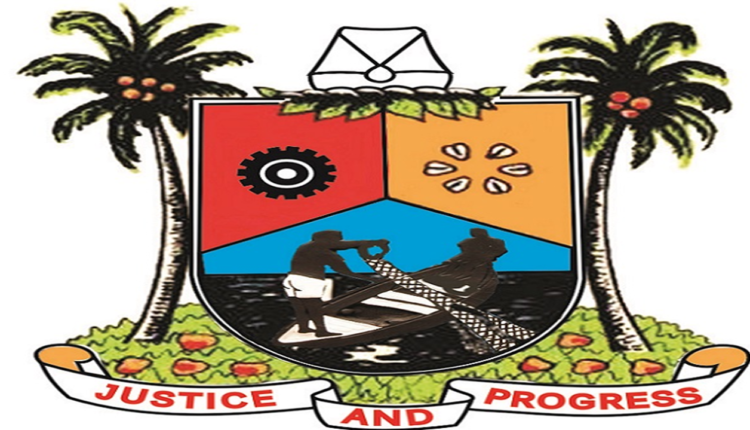Worried by incessant building collapse in the country, insurance experts have advocated the insurance of all public buildings in the country to cushion the effects of such tragedies on victims and survivors.
Consequently, the Director General /CEO of the Lagos State Safety Commission, Lanre Mojola, at a stakeholders meeting, to explore the digital implementation and the enforcement of the compulsory insurance Act on public buildings in Lagos State, averred that the level of damage and loss of life resulting from building collapse was becoming unbearable.
The forum organised by the Safety Commission in conjunction with the Nigerian Insurers Association (NIA) was aimed at changing the architecture of risk management and safety regulation on public buildings in the state. He said it was also targeted at seeking ways to full implementation of the Occupiers Liability Insurance otherwise known as Insurance of Public Buildings in the state.
The DG said, “Over the years, numerous accidents and incidents such as natural disasters, building collapses, fires, explosions have resulted in injuries, permanent disability, loss of lives and property without any recompense to those affected and or their loved ones. A recent case in point was the OPIC Plaza gas explosion in Ikeja with its attendant loss of lives and property,”
He revealed that in other to protect Nigerians and their businesses from vagaries of the unfortunate events and incidents leading to injury, property damage or death, the Federal Government through various Acts of parliament have over the years promulgated laws including making seven (7) Insurance Policies compulsory across the Federation.
However, due to several factors, some of these Compulsory Insurances Laws have not been fully implemented, and as such, when dangerous occurrences and disasters happen, the citizenry look up to the government for compensation. He reaffirmed that it was the determination of the present administration of Lagos State to curb the ugly trend. Thus, the Compulsory Insurance Act in respect of existing public buildings must soon see the light of the day.
“As the economic capital of Nigeria and indeed the sixth-largest economy in Africa, Lagos State has a good stock of public buildings such as schools, offices, hospitals, hotels, events centers, restaurants, cafes, lounges, bars, supermarkets, shopping malls, cinemas amongst others, therefore, we shall not fold our arms and watch our lives and property getting lost and damaged, we must do the needful and never compromise.
“Section 65 of the Insurance Act 2003 stipulates that all public buildings shall be adequately insured ostensibly to cushion the impact and reduce the burden and liabilities on property owners/government.
He called on stakeholders and professionals in the real estate value chain to support the initiative in other to achieve the noble objectives for which the Compulsory Insurance Act on Public Buildings was enacted, by sharing ideas and experiences on how they could collectively realize its full implementation in Lagos State.
The action plan for the Lagos State Digital Compulsory Insurance Project (LSDCIP) are: Digitalise the purchase of occupier’s liability insurance in Lagos State; creating awareness about benefits accruable from making compulsory occupiers liability building insurance our culture in Lagos State and its enforcement; the domestication of every law passed by Federal Government by the various states and enforce them, and sustenance of the compulsory occupiers’ liability building insurance culture in Lagos State.
“We welcome ideas from experts, we all need to be on the same page on how to ensure that public buildings in Lagos are safe, insured and better protected,” he added.
Source : The Sun

































